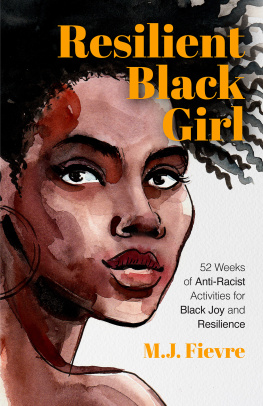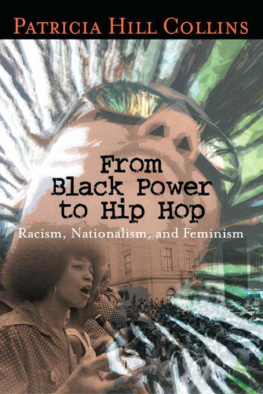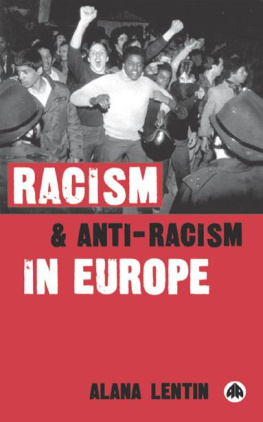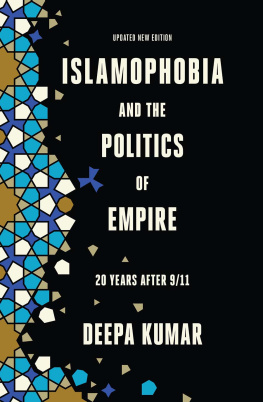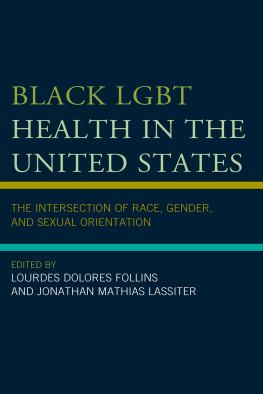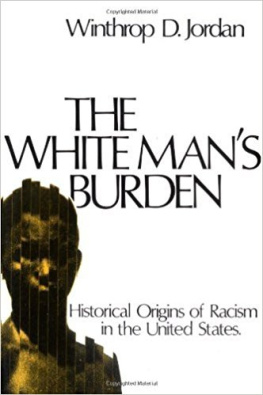Anne Pollock - Sickening : Anti-Black Racism and Health Disparities in the United States
Here you can read online Anne Pollock - Sickening : Anti-Black Racism and Health Disparities in the United States full text of the book (entire story) in english for free. Download pdf and epub, get meaning, cover and reviews about this ebook. year: 2021, publisher: University of Minnesota Press, genre: Politics. Description of the work, (preface) as well as reviews are available. Best literature library LitArk.com created for fans of good reading and offers a wide selection of genres:
Romance novel
Science fiction
Adventure
Detective
Science
History
Home and family
Prose
Art
Politics
Computer
Non-fiction
Religion
Business
Children
Humor
Choose a favorite category and find really read worthwhile books. Enjoy immersion in the world of imagination, feel the emotions of the characters or learn something new for yourself, make an fascinating discovery.

- Book:Sickening : Anti-Black Racism and Health Disparities in the United States
- Author:
- Publisher:University of Minnesota Press
- Genre:
- Year:2021
- Rating:4 / 5
- Favourites:Add to favourites
- Your mark:
- 80
- 1
- 2
- 3
- 4
- 5
Sickening : Anti-Black Racism and Health Disparities in the United States: summary, description and annotation
We offer to read an annotation, description, summary or preface (depends on what the author of the book "Sickening : Anti-Black Racism and Health Disparities in the United States" wrote himself). If you haven't found the necessary information about the book — write in the comments, we will try to find it.
Anne Pollock: author's other books
Who wrote Sickening : Anti-Black Racism and Health Disparities in the United States? Find out the surname, the name of the author of the book and a list of all author's works by series.
Sickening : Anti-Black Racism and Health Disparities in the United States — read online for free the complete book (whole text) full work
Below is the text of the book, divided by pages. System saving the place of the last page read, allows you to conveniently read the book "Sickening : Anti-Black Racism and Health Disparities in the United States" online for free, without having to search again every time where you left off. Put a bookmark, and you can go to the page where you finished reading at any time.
Font size:
Interval:
Bookmark:
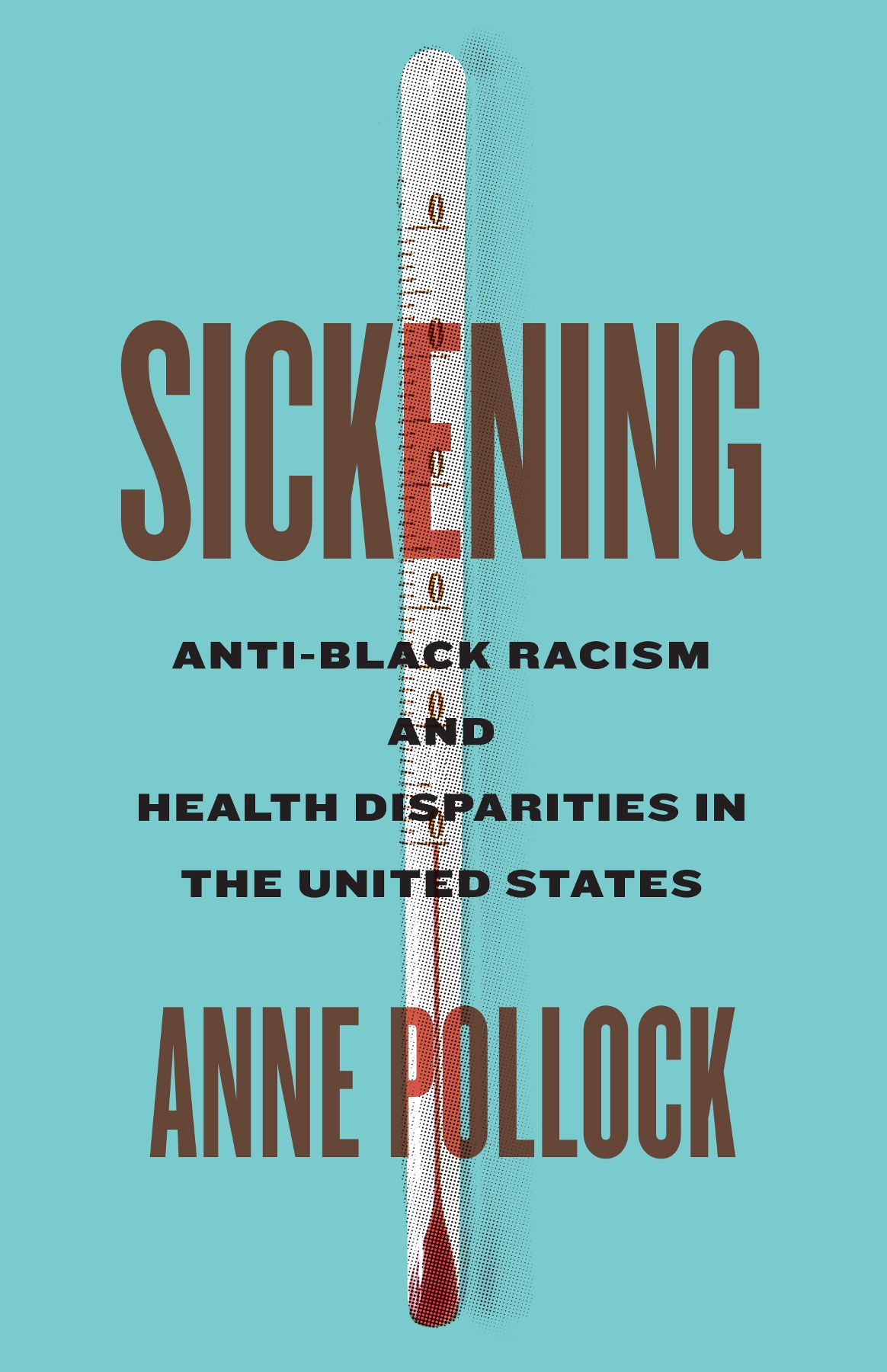
Anne Pollock

University of Minnesota Press
Minneapolis
London
Portions of chapter 3 are adapted from On the Suspended Sentences of the Scott Sisters: Mass Incarceration, Kidney Donation, and the Biopolitics of Race in the United States, Science, Technology, and Human Values 40, no. 2 (2015): 25071.
Copyright 2021 by the Regents of the University of Minnesota
All rights reserved. No part of this publication may be reproduced, stored in a retrieval system, or transmitted, in any form or by any means, electronic, mechanical, photocopying, recording, or otherwise, without the prior written permission of the publisher.
Published by the University of Minnesota Press
111 Third Avenue South, Suite 290
Minneapolis, MN 55401-2520
http://www.upress.umn.edu
ISBN 978-1-4529-6617-5 (ebook)
A Cataloging-in-Publication record for this book is available from the Library of Congress.
The University of Minnesota is an equal-opportunity educator and employer.
I am deeply grateful to the American Council of Learned Societies, which awarded me a fellowship that gave me the time and space to complete the full draft of the manuscript.
This project developed over many years and has benefited from the support of my academic homes: MIT, where I began my PhD in September 2001 and first started serious academic exploration of many of these topics in racism and health, first in classes with Evelynn Hammonds and Ken Manning and later with support from the Center for the Study of Diversity in Science, Technology, and Medicine under the leadership of David Jones; Georgia Tech, where I served on the faculty for ten years, learning from colleagues in the CDC Working Group on Racism and Health and later in the cross-institutional Working Group on Race and Racism in Contemporary Biomedicine, and learning from students whom I taught in courses including Biomedicine and Culture and Science, Technology, and Race; and finally, my current home, the Department of Global Health and Social Medicine at Kings College London, which provided a Seed Grant that allowed me to benefit from Beauty Dhlaminis insightful research assistance for chapter 6 and more broadly has provided an incomparable intellectual environment in which to explore questions of health, medicine, and society. While I was preparing the revised manuscript under lockdown, Katherine Behar provided critical help with the images. The University of Minnesota Press has provided invaluable support for bringing the project to fruition as a book, especially Jason Weidemann and Zenyse Miller.
Many chapters began as conference presentations at the Society for Social Studies of Science and benefited from engagement with the audiences there. I also had the chance to present an individual chapter at the University of Amsterdam Department of Anthropologys Ir/relevance of Race in Science and Society seminar series, and an overview of the book as a whole at both my own Department of Global Health and Social Medicine Seminar at Kings College London and the STS Circle at Harvard University.
Numerous colleagues and friends generously gave feedback on various iterations of chapters in progress, including Ruha Benjamin, Rasmus Birk, Silvia Camporesi, Carol Colatrella, Philip Cohen, Joe Dumit, Faith Groesbeck, Jennifer Hamilton, Tony Hatch, Amy Hinterberger, David Jones, Katrina Karkazis, Emma Kowal, Amade Mcharek, Susana Morris, Alondra Nelson, Michelle Pentecost, Thao Phan, Manu Platt, Amy Slaton, Lindsay Smith, Brett St Louis, Judith Suissa, Siggie Vertommen, Kate Weiner, Lewis Wheaton, and Ros Williams. Sarah Blacker, Madeleine Pape, and Natali Valdez each taught from the draft manuscript in their undergraduate classes, and they and their students provided additional layers of insight. I owe a special thanks to Amy Agigian and Dartricia Rollins, who provided comments on the full manuscript. An extra measure of gratitude goes to my writing groupMary McDonald, Nassim Parvin, and Jennifer Singhwho have remained treasured friends and intellectual interlocutors even though I left our beloved Atlanta and who provided generous feedback on many iterations.
Finally, Maital Dar has been a true partner not only in life but also in this work: she has often been my first interlocutor as the events occurred, has helped me to prepare the conference papers in which most of the chapters originated, and has been an invaluable editor as I completed the book. I cannot possibly thank her enough.
London, July 4, 2020
In spring 2020, when so many people all over the world first became transfixed by the dangers of the novel coronavirus that causes COVID-19, there was a strong narrative that we were all in this together as we were implored to flatten the curve. This message was pervasive in the United States, where I am from, and in the United Kingdom, where I livefilling my newsfeed of both mainstream media and social media. And yet, with each passing week, the racially and ethnically unequal pattern of who was most likely to be sickened and killed by COVID-19 became increasingly visible. If the looming curve looked mathematical and indiscriminate, that obscured the very different lived experiences that structure epidemiological risk.
As spring turned to summer, high-profile incidents of deadly violence against Black people sparked an awakening from COVIDs numbing numbers: the vigilante killing of jogger Ahmaud Arbery, the police killing of Breonna Taylor in her own home, and especially the police murder of George Floyd caught on video footage that has been widely shared. These murders and the righteous protests that they have sparked remind us that, in our racist societies, unequal vulnerability is not new.
These crises of COVID-19 and of police brutality can call our attention to the factors that contribute to health inequality, such as systems of health care and of policing, in a context of segregated neighborhoods and unequal urban infrastructures. They also point toward the depth of the societal transformation that would be required for Black Lives to be treated as if they truly Matter.
The deaths from COVID-19 and the recent police and vigilante murders are acute instances of chronic health and social inequalities. And the sources of these inequalities far exceed the institutions of health care and policing, extending to the broader social, political, and economic structures that shape unequal lived experiences.
During this disrupted period, as the news cycle and social media cycle both churn relentlessly, it can feel hard to keep up. Going against the rush to take time for considered analysis is not the default setting of social media engagement. The speed of the onslaught of information on social media is part of its design. Consider: Facebooks original corporate motto was move fast and break things, and this kind of recklessness has been a pervasive mind-set among tech companies. Yet, as Black feminist analyst of science and technology Ruha Benjamin points out, that approach has included a disregard for breaking people. and I would add that the same is true for the way that we engage with media images and stories more broadly. If we take the time to sit with these events, take them in, and both unpack their specificities and attend to how they are part of broader structures, they can become concrete entry points into understanding the wide-ranging ways in which racism operates.
Next pageFont size:
Interval:
Bookmark:
Similar books «Sickening : Anti-Black Racism and Health Disparities in the United States»
Look at similar books to Sickening : Anti-Black Racism and Health Disparities in the United States. We have selected literature similar in name and meaning in the hope of providing readers with more options to find new, interesting, not yet read works.
Discussion, reviews of the book Sickening : Anti-Black Racism and Health Disparities in the United States and just readers' own opinions. Leave your comments, write what you think about the work, its meaning or the main characters. Specify what exactly you liked and what you didn't like, and why you think so.

